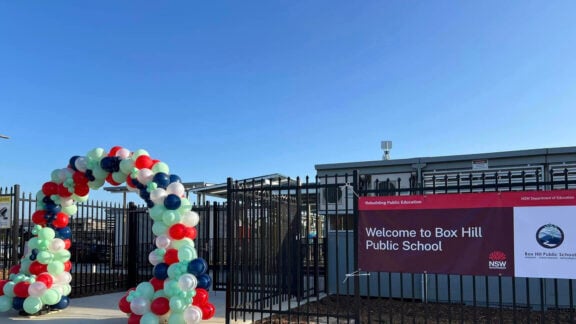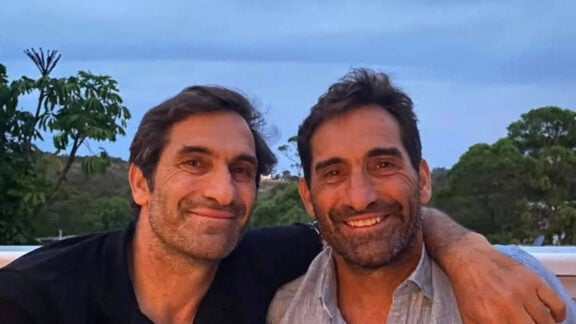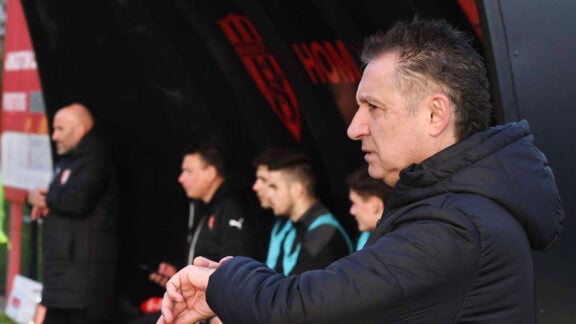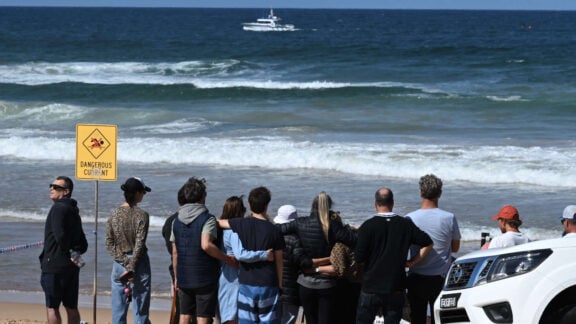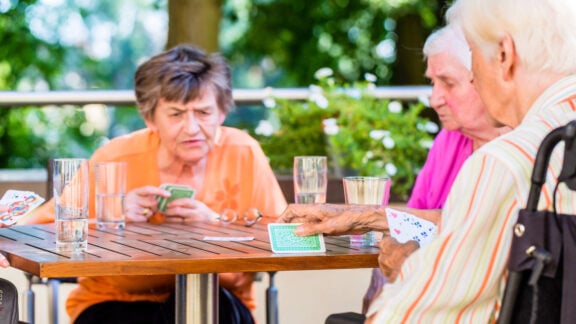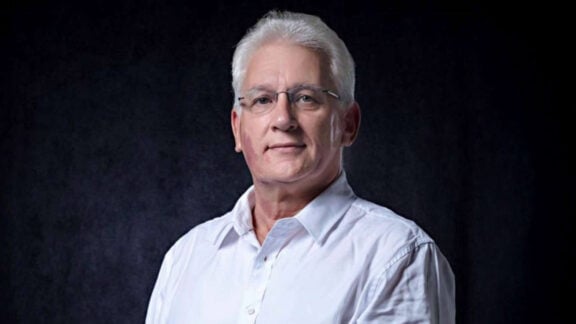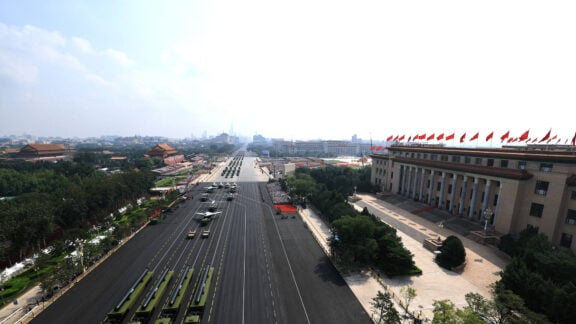Gregory Antippa, one of Melbourne’s most senior Greek-Australian lawyers, has passed away at the age of 93. His funeral will take place on Wednesday at the Church of Saint Haralambos in Templestowe.
Antippa was a beloved figure in the Greek and Middle Eastern migrant communities of Melbourne, having handled hundreds of legal cases over the decades. With a legal career that spanned more than half a century, he was known not only for his professional expertise but also for the guidance and care he offered to those navigating life in a new country.
In a 2016 feature by Neos Kosmos, Antippa, then 85, shared that he had recently reduced his office visits from five to three days a week, spending his time reading philosophy, listening to music, and painting.
A Greek-Egyptian, Antippa was one of the first Greek-Australians to practice law in Melbourne, and reportedly the fifth Greek lawyer to be admitted in Victoria. His family hailed from Kefalonia, although he himself never lived there. He was born and raised in Haifa, then under British rule, which later became part of Israel in 1948.
Initially aspiring to become a doctor, Antippa was unable to pursue medical studies due to the lack of a nearby university. Instead, he studied law remotely through LaSalle University in Chicago while working early mornings at the Haifa port customs office.
Due to the escalating Israeli-Arab tensions, his family migrated to Australia in 1954. However, his American law degree wasn’t recognised in Australia, prompting him to requalify through the University of Melbourne’s Law School—where he was accepted without entrance exams, thanks to his prior studies.
After completing his Australian legal training, Antippa quickly rose in prominence. At the time, there were only three Greek lawyers in Melbourne, and Antippa was the only one who spoke Arabic—a key asset that helped him build a diverse clientele that included migrants from Lebanon, Palestine, and Egypt as well as Greece.
So many Arabic-speaking clients sought his help that his law partners grew concerned. This led Antippa to open his own legal practice.
“Those were difficult times for many migrants. People didn’t know the language, there were no cars or phones. They would come to the office even for the simplest things—how to find a doctor, how to fill out a form. But mainly, they came for help buying land or property, or starting a new business,” he told Neos Kosmos at the time.
Gregory Antippa leaves behind a legacy of dedication, compassion, and cultural bridge-building—a true pioneer in both the Greek and broader multicultural legal landscapes of Australia.


